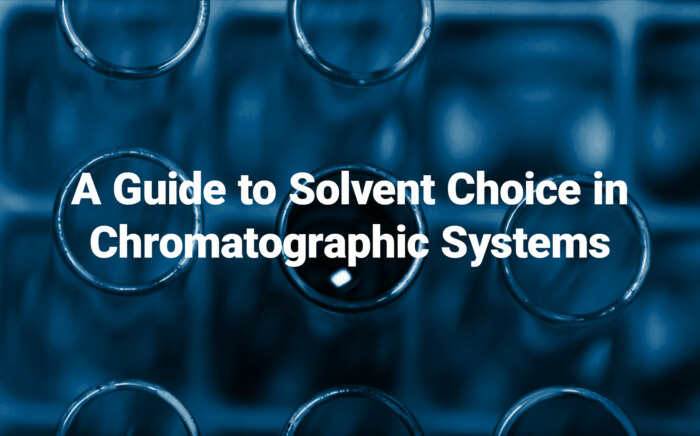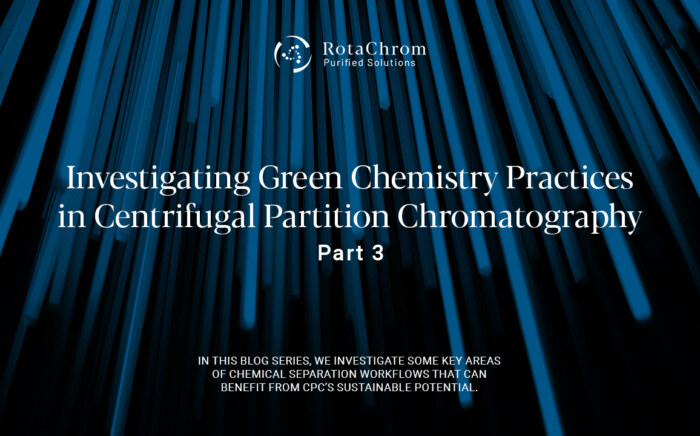Increasing separation efficiency by pH adjustment in Centrifugal Partition Chromatography
NewsChromatographic separation, a cornerstone in analytical science, involves the strategic division of mixtures into stationary and mobile phases. As the mobile phase traverses in a defined direction under forces like gravity or pressure, it carries sample components along, revealing the magic of separation.
Principles of Chromatography
Components with robust interactions with the stationary phase experience extended retention, resulting in a slower passage through the system—a crucial element for effective separation. These fundamental principles form the bedrock for various chromatographic methods, each tweaking specific aspects, from driving forces to phase properties.
Liquid vs. Gas Chromatography
Liquid chromatography deploys a liquid mobile phase, while gas chromatography relies on a gaseous mobile phase to isolate volatile components. Though rooted in the same principles, these methods diverge in mobile phase type and phase properties, showcasing the adaptability of chromatography to diverse needs.
Column Chromatography
Column chromatography, a prevalent method, involves a column packed with a stationary phase and a mobile phase moving through it. Compounds separate based on their affinity for the stationary phase, facilitating efficient purification. Its versatility, cost-effectiveness, and applicability to a range of compounds, from proteins to nucleic acids, make it a staple for researchers.
Chromatography Types Demystified
The chromatographic process spawns an array of methods, each exploiting specific facets of the core process. Methods vary based on mobile phase driving forces, phase nature, device geometry, and solute-stationary phase interactions. High-Pressure Liquid Chromatography (HPLC), Supercritical Fluid Chromatography (SFC), Flash Chromatography, and Centrifugal Partition Chromatography are among the diverse methodologies, each offering unique advantages across different domains.
Conclusion
Chromatography’s versatility and adaptability have established it as a bedrock in separation science. From the fundamental principles to diverse methodologies, chromatography continues to be a driving force in gaining deeper insights into the properties of various compounds. Researchers and scientists across fields rely on chromatography, a testament to its enduring importance in scientific exploration and discovery.



